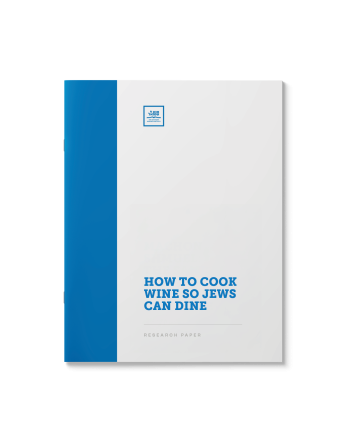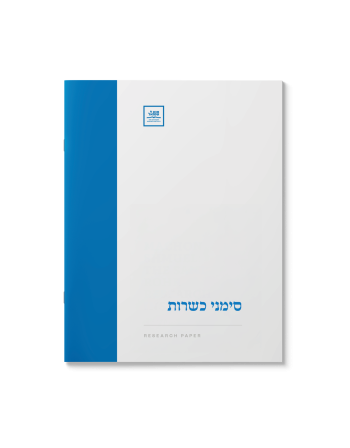Not All Wine Is Fine
$75.00
A detailed look at the history and laws of yayin nesech. Can an irreligious Jew render wine yayin nesech? Is pouring wine part of the prohibition? What difference does pasteurization make?
| Language | English |
|---|---|
| Paper Type | Research Paper |
| Pages | 30 |
Related Products
This paper features a compendium of sources for the
instruction of foundational aspects of the mitzvah of Tefillin.
This paper is a sequel to Tefillin 101 and provides an expanded view of the halachic and esoteric dimensions of the mitzvah of Tefillin.
Many of contemporary society’s challenges could be remedied by the observance of the mitzvah of honoring one’s parents. Yet Kibbud Av V’Em is a broad and sweeping mitzvah with vaguely defined boundaries. To what extent are we obligated? Are we required to sacrifice our own social life to care for our parents? Does it apply to marriage partners? How do we define respect? Learn the Torah’s definition of honoring our parents.
Jewish law regulates the consumption of food cooked by a Gentile. Is microwaving considered cooking for this purpose? This paper
illustrates how the ancient kashrut laws apply to modern technologies.
Everyday life presents many instances where one ought to wash their hands: cutting nails, using the restroom, taking a nap, to name just a few. A review and commentary on the range of activities that require netilas yedayim.
For some, only a serious serving of Cappucino or Esspresso can pack in a much needed energy boost for the day.
With 11,962 Starbucks locations throughout the United States, the prospect of buying coffee from your local coffee shop raises some important halachic questions.
Part I:
Does a coffee prepared by a non-Jewish barista involve an issue of Bishul Aku”m? May one drink inside the coffee shop, or only to-go? What was the Arizal’s unique take on the subject? Also: what is the proper Bracha on coffee beans?
(Hebrew)
שאלה נפוצה בדיני טבילת כלים היא לענין מכונת הקפה הביתית. האם אמנם חייבים אנו לטבול אותה? בעזרת טכנאי, המאמר שלפנינו מפרק את חלקי המכונה, ומציע מסקנה הלכתית מעשית.
Food makes the world go around. But for the Jewish consumer there’s a whole other angle to consider: is the food Kosher?
To the discerning Jewish palate, the question also relates to the rationale behind the mitzva. Are there material or spiritual benefits to be had from its fulfillment or must it be carried out only because G-d has so ordained it?
It has saved many a Shabbos meal and avoided much embarrassment. But how exactly does yayin mevushal address the problem of yayin nesech? What is the technical definition of mevushal? A behind-the-scenes look at kosher wine production and its laws.
Does making tztitis at night make them invalid? What was the
position of the Rebbeim in this regard?
מקובלת ההנחה כי שונים הם תנאי כשרות הבהמה והחיה מהעוף. אם העוף נאכל לפי המסורת היהודית, הרי שהבהמה והחיה נאכלים לפי הסימנים המנויים בתורה. או שמא לא? האם המסורת משפיעה היא גם על כשרות הבהמה והחיה?


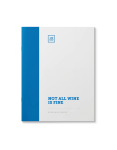
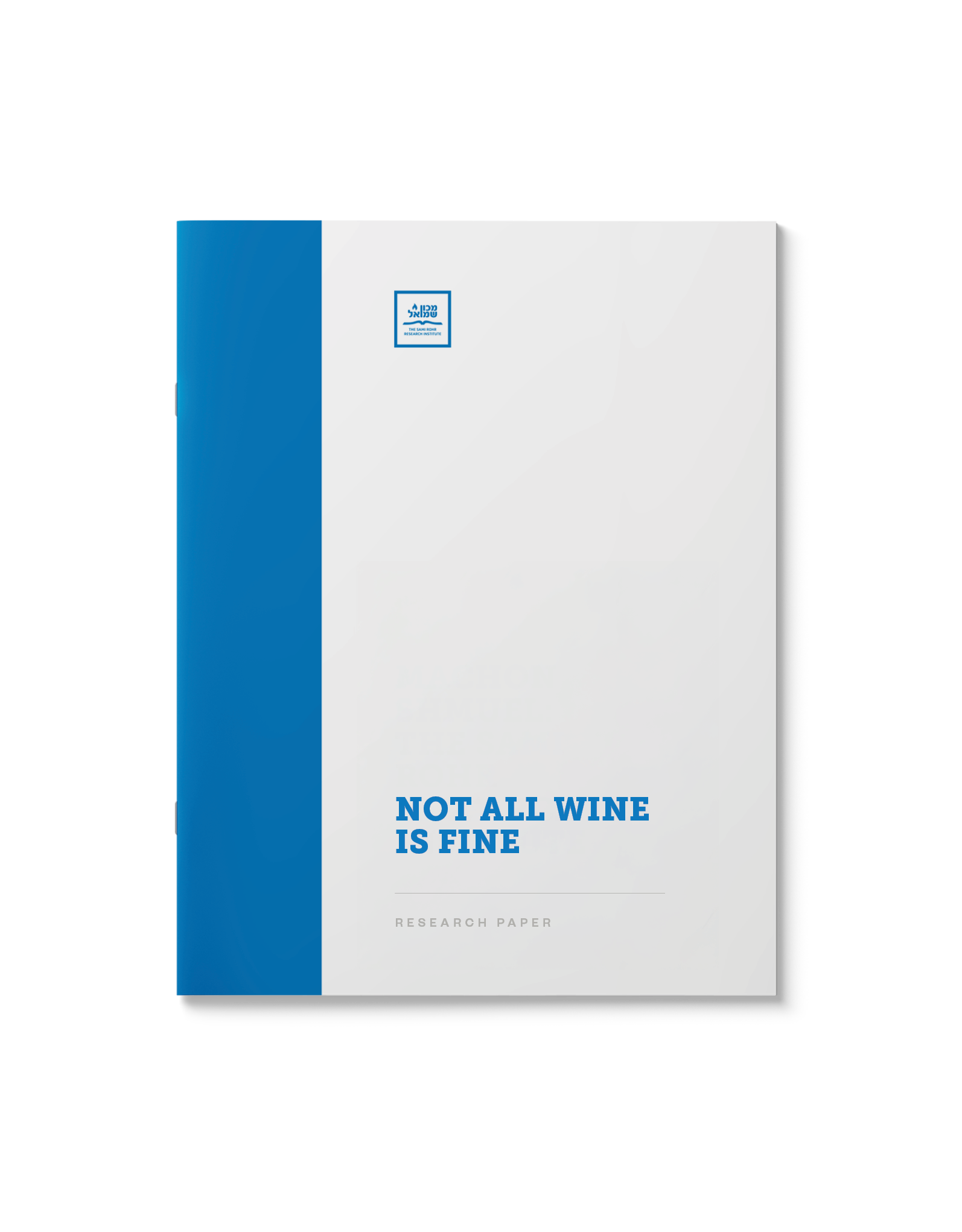

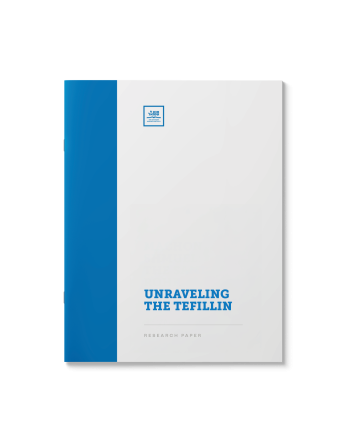


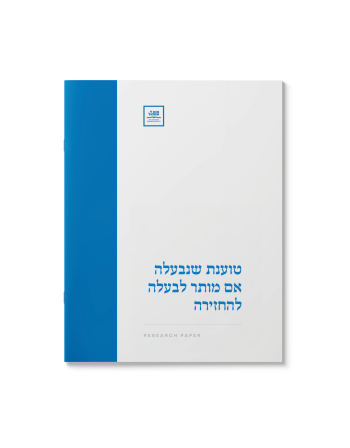

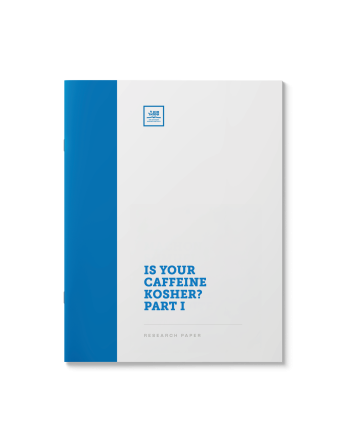

![The Kosher Diet - Healthy in Body and Soul [New!]](https://catalog.myjli.com/wp-content/uploads/2025/05/SAMSTKD-350x448.png)
